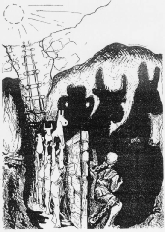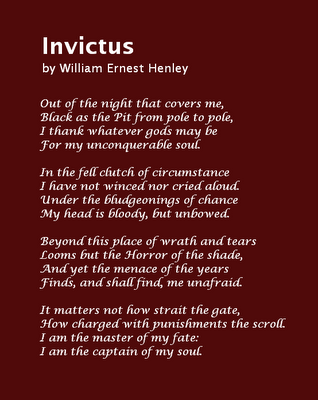Post 110. 09/06/2020 continued . . .
Why Buddhism is Enlightening
Liberation from Plato’s Cave
Another term for “Enlightenment” is “Liberation” from the prison of illusion, from the life-sucking man-pods of the Matrix. That’s why Wright says, “liberation consists of changing the relationship between your consciousness and the things you normally think of as its ‘contents’ — your feelings, your thoughts, and so on”. Again, he opines that “feelings are designed by natural selection to represent judgments about things, evaluations of them”. Unfortunately, many of those knee-jerk judgments are biased and ill-informed. Which may be why humans also evolved the rational ability to reflect on their own internal opinions, in order to guide them closer to object-ively true “factual” knowledge.
However, most of us harbor the delusion that our Self/Soul is the captain of the ship, in which we navigate the dangerous waters of the world. The Soul is often thought-of as the CEO of the body, in total command of its behavior. But anyone who has tried to dominate an addiction or bad-habit must admit that controlling compulsions is like herding cats. Yet, contrary to evolutionary determinists, Wright is not saying that we have no influence over our inner urges. If that were true, the Buddhist goals of Enlightenment and Liberation would be futile. So instead, the point is to use objective Reason to manage subjective Emotions. Acting rationally does not require completely eradicating our feelings though, but simply estab-lishing a more democratic relationship with them. Not to convert the slave into a master, but to allow Reason & Emotion to work together toward reasonable goals that also feel good.
Even our conscious thought processes are not completely under our conscious control. Pioneering psychologist, William James once said, “A great many people think they are thinking when they are merely rearranging their prejudices”. That’s why the first step toward enlightenment is to realize that you are in the dark. One of Wright’s meditation teachers noted off-hand that :”thoughts think themselves”. Indeed, the majority of our daily mental activity, including those we do while wide awake, are expres-sions of subconscious feelings that we are only half aware of. Psychologists have discovered that, long after American slaves were freed, and since the “consciousness raising” of the 60s, many people, both white and black, still harbor unacknowledged feelings of “Implicit Racism”. Yet, Wright remains optimistic about social and moral progress : “the good news is that, paradoxically, realizing you’re not king can be the first step toward getting some real power”.
Ironically, Robert Wright’s optimism, despite all the evidence supporting evolutionary determinism, is buoyed by his inter-pretation of how Natural Selection works. It’s not totally random and unplanned, as some atheists assume. Instead, the process of choosing options implies norms & standards that can be viewed as design criteria or programming algorithms for computing each step in the progression toward some future end-state. He often combines the terms “evolution” and “design” in ways that imply an intentional process of world-creation. In his previous book, The Evolution of God10, he admits that, “The story of this evolution itself points to the existence of some-thing you can meaningfully call divinity”. Even the Buddha, who typically avoided such philosophical speculations, might agree that our world seems to be upwardly evolving. Post 110 continued . . . click Next




 NEXT
NEXT
 BACK
BACK
 Forum
Forum










